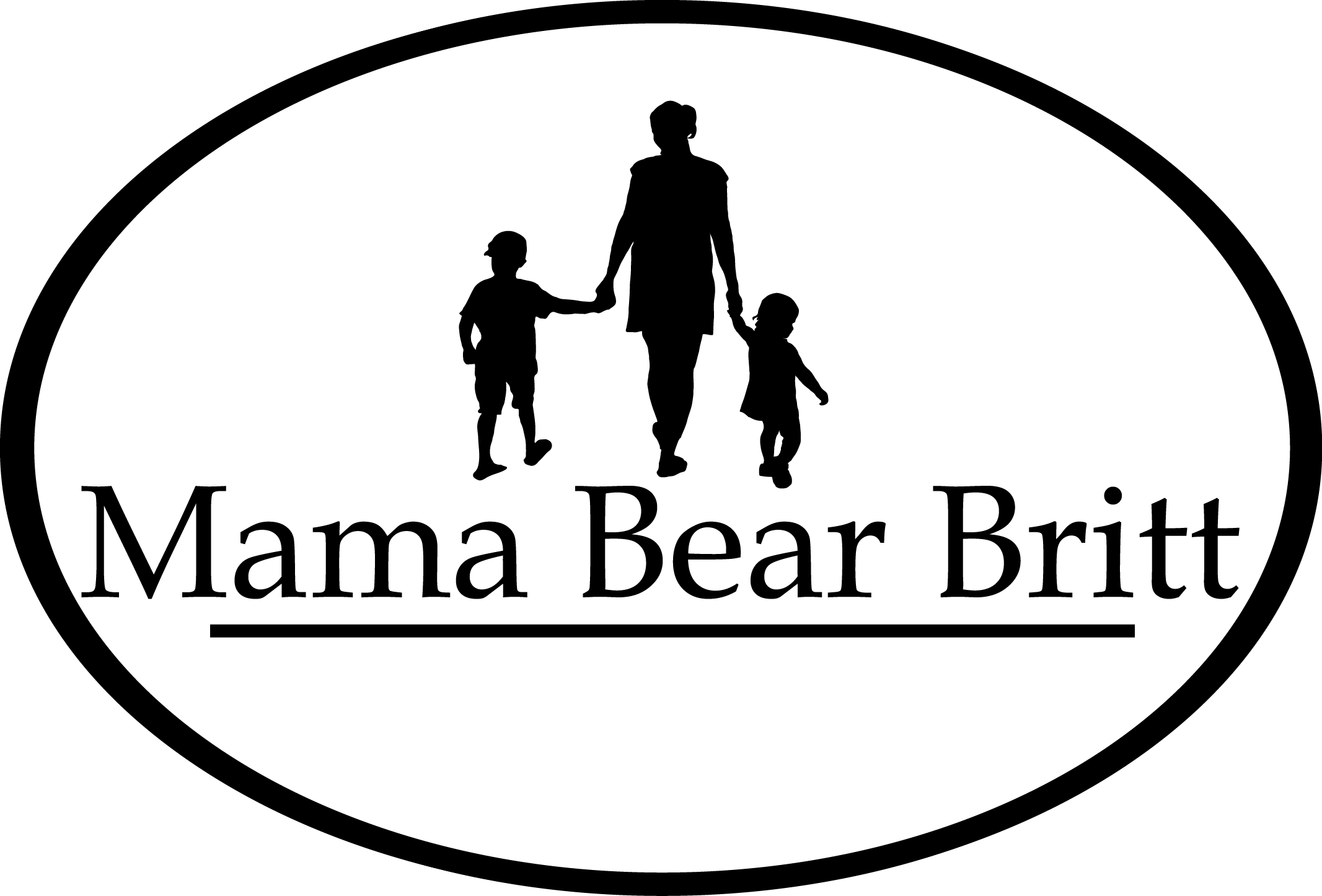F.A.Q.'s
Here are some FAQ's from "Ask a Specialist"
1. "What is a good age to potty train?"
-Potty training is something that can be daunting to tackle. It does take time, perseverance and consistency. There is no set age that you should begin to potty train rather, it should be based on your child's readiness. There are some specific signs you should be noting to see if your child is ready. Does your child alert you when they need a diaper change? Are they soiling their diaper less often? Do they wake up clean and dry from a nap? Are they able to pull up and down their own pants. Can they get on and off a small toilet without help? If you are seeing these signs from your child, they may be ready.
2. "My child is 1 years old and they do not have any words, should I be concerned?"
-With language it is important to note it's divided into two categories receptive (what we understand) and expressive (what we say). Both are just as important in the development of speech and in reaching speech and language milestone. According to pathways.org, by the time your child reaches 12 months, they should say 1 or 2 words, for example "mama" or "dada." This could also be a word used consistently for a particular description. For example, your child consistently uses the word "bap" for "up" and only when describing or requesting "up". This is language! They should imitate speech sounds and they should be babbling and have sounds and rhythms of speech. For receptive they should understand up to 50 words, respond to simple directions, for example "come here," and they should pay attention to where you are looking and pointing. Keep in mind these are however averages and are guidelines for a child born full term. If your child was born premature, the milestones should be adjusted. If your child was born a month premature, then you would need to consider their developmental age as 11 months, not 12 months. If you have concerns about your child's speech and language developmental milestones, it is important to address this with your child's pediatrician.
3. "Do you have any tips on how to handle teething?"
-Teething can be so frustrating for both baby and parent. As a parent, we hate to see our child in pain and it can also be trying to take care of a fussy baby. For baby, teething can be very painful and uncomfortable. There are of course over the counter medications that can be used, ranging from natural and homeopathic to actual pain reducers. It is important to discuss these options with your child's pediatrician to see what would be the best solution for your little one. In addition to the medication route, you can freeze breast milk or formula in ice cube trays and insert them into mesh feeders. You can also use these feeders for frozen berries/fruit. In addition to frozen milk and berries/fruit, frozen bread/waffle/bagels also work well. It is important to not leave your child unattended with food. Lastly, there are tons and tons of products that you can use for your little one to teeth, from toys to ones that you freeze. It is really just trial and error to see which one your child likes.
4. "We had a baby a year ago and my daughter (the older child) is now acting like a baby. How do I handle this?"
-Rest assured, this is a very common phase your daughter is going through. Welcoming a new baby into the family is a huge adjustment for everyone. Your daughter was probably used to being the center of attention and not having to compete with a sibling when wanting to spend time with mom and dad. She sees how the baby is successful at getting attention and she too wants to try those tactics. This phase can certainly be tedious for the parents, but the important thing to remember is how difficult change can be and to treat it with understanding and love....even when you are sleep deprived and annoyed! Emphasize to your child throughout the day about how "big" and "helpful" she is. Give her responsibility around the house and tasks to help brother/sister. Explain how only big girls are able to do this and how proud you are of her maturity. Point out whenever you can, when she is being big/mature/responsible etc. Use positive reinforcement and encourage behavior you like. Try to avoid saying things like "your not a baby," "only babies act like this" etc. Rather, encourage her by noting when she is playing the role of big sister.
